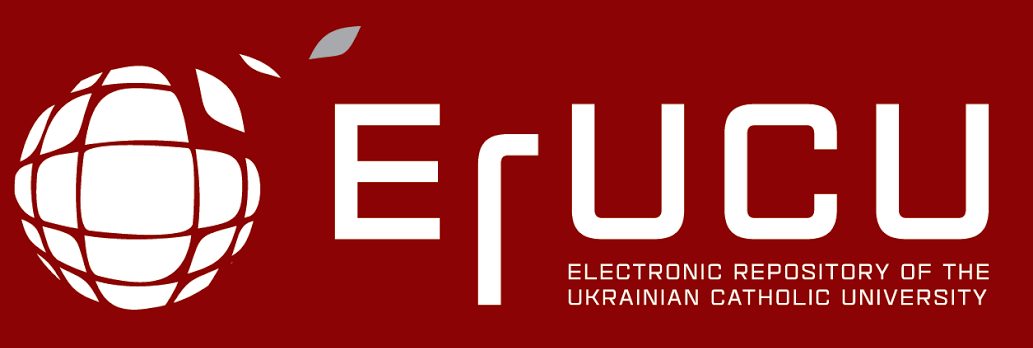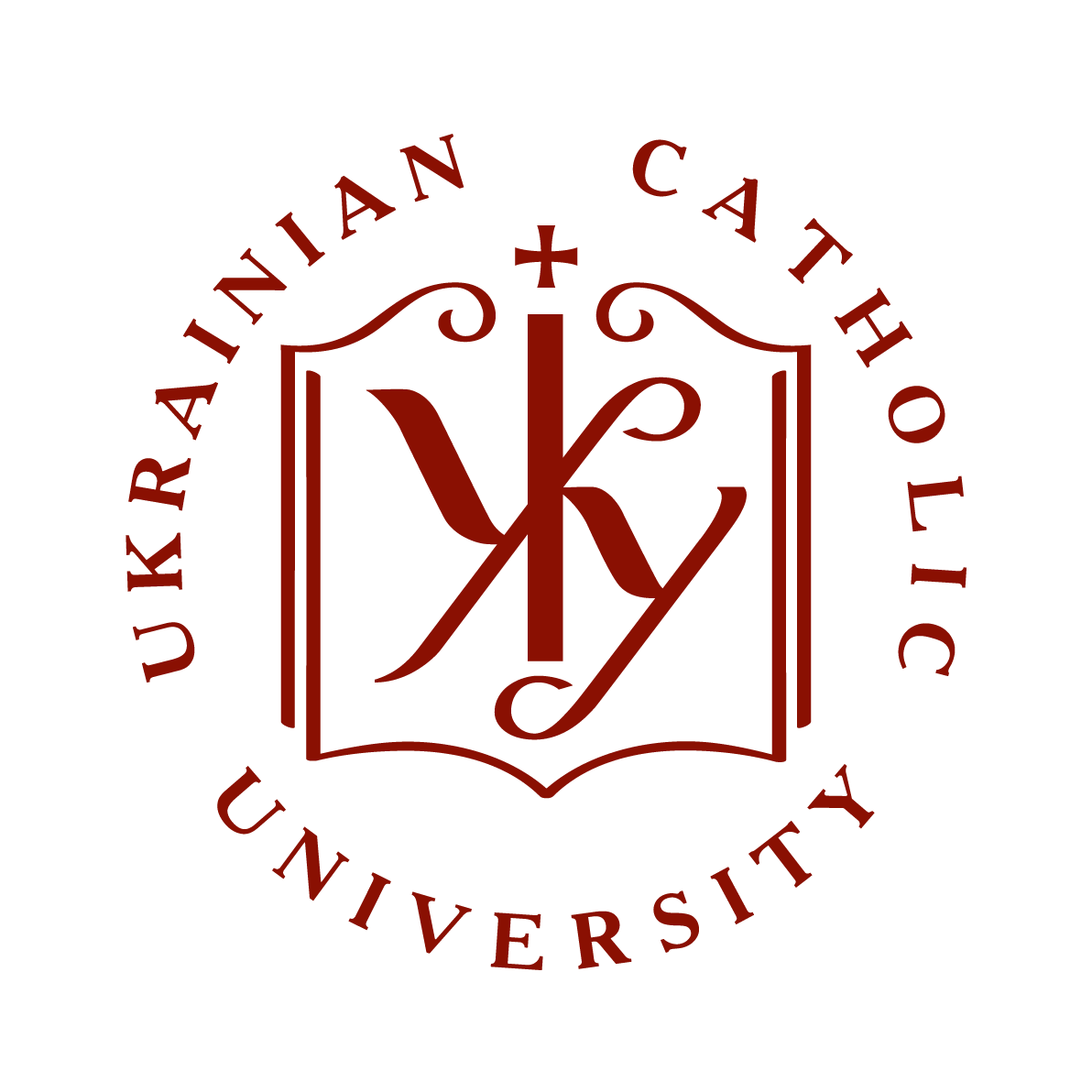Сценарії JavaScript вимкнено для Вашого браузера. Деякі функції цього сайту не будуть працювати без них.
| dc.contributor.author | Turchynovskyy, Volodymyr
|
|
| dc.date.accessioned | 2016-02-18T23:13:22Z | |
| dc.date.available | 2016-02-18T23:13:22Z | |
| dc.date.issued | 2006 | |
| dc.identifier.citation | Turchynovskyy, Volodymyr. “The Majdan vs. Utilitarianism: Reflecting on Emerging Moral Patterns in Ukraine.” Logos: A Journal of Eastern Christian Studies. – 47. 1-2 (2006): 191-207. | uk |
| dc.identifier.uri | http://er.ucu.edu.ua/handle/1/648 | |
| dc.description.abstract | Автор аналізує моральні підвалини Помаранчевої революції в Україні, щоб довести, що її учасники мотивувались не просто жагою індивідуального суспільно-економічного чи політичного добробуту в утилітарному значенні. Автор аналізує утилітаризм у вченнях таких мислителів як Томас Нагель, Пітер Сінгер, Джон Стюарт Мілл, Чарльз Тейлор, Фрідріх Ніцше, Макс Шелер та папа Іван Павло ІІ для того, щоб показати, що те, що сталося на майдані в Києві під час Помаранчевої революції насправді не є утилітаризмом, а радше “сейсмічною зміною геополітичного масштабу”, коли українці, виявляючи нову духовну зрілість, скористались своєю багатовистражданою свободою, щоб відкинути політичну корупцію та опротестувати фальшиві вибори. Вони виступають як громада, яку об’єднують вищі цінності любові та самопожертви та визнання того, що трансцендентна гідність людської особи та захист людських прав повинні бути основою для справжньої культури життя. | uk |
| dc.language.iso | en | uk |
| dc.subject | democracy | uk |
| dc.subject | depersonalization | uk |
| dc.subject | Charles Taylor | uk |
| dc.subject | utilitarian morality | uk |
| dc.subject | Majdan Community | uk |
| dc.title | The Majdan vs. Utilitarianism: Reflecting on Emerging Moral Patterns in Ukraine | uk |
| dc.title.alternative | Майдан vs утилітаризм | uk |
| dc.type | Article | uk |
| dc.status | Опублікований і розповсюджений раніше | uk |
| dc.description.abstracten | The author analyzes the moral underpinnings of the Orange Revolution in Ukraine to suggest that its participants were not motivated merely by a base consideration of individual socioeconomic or political welfare understood in utilitarian terms. Utilitarianism—as understood by Thomas Nagel, Peter Singer, John Stuart Mill, Charles Taylor, Friedrich Nietzsche, Max Scheler, and Pope John Paul II—is analyzed to demonstrate that what happened in the public square (the “majdan” ) in Kyiv in the Orange Revolution was not utilitarianism proper but rather a “geopolitical seismic shift” as Ukrainians, manifesting a new spiritual maturity, exercised their hard-won freedom to reject political corruption and to protest electoral fraud precisely by coming together as a community united by the higher values of love and self-sacrifice and a recognition that the transcendent dignity of the human person and the defense of human rights must be the foundation for a true culture of life. | uk |
| dc.relation.source | Logos: A Journal of Eastern Christian Studies. – 47. 1-2 (2006) | uk |
Files in this item
This item appears in the following Collection(s)
-
Матеріали конференцій, семінарів і т. п [1]
Documents on conferences, seminars etc.


